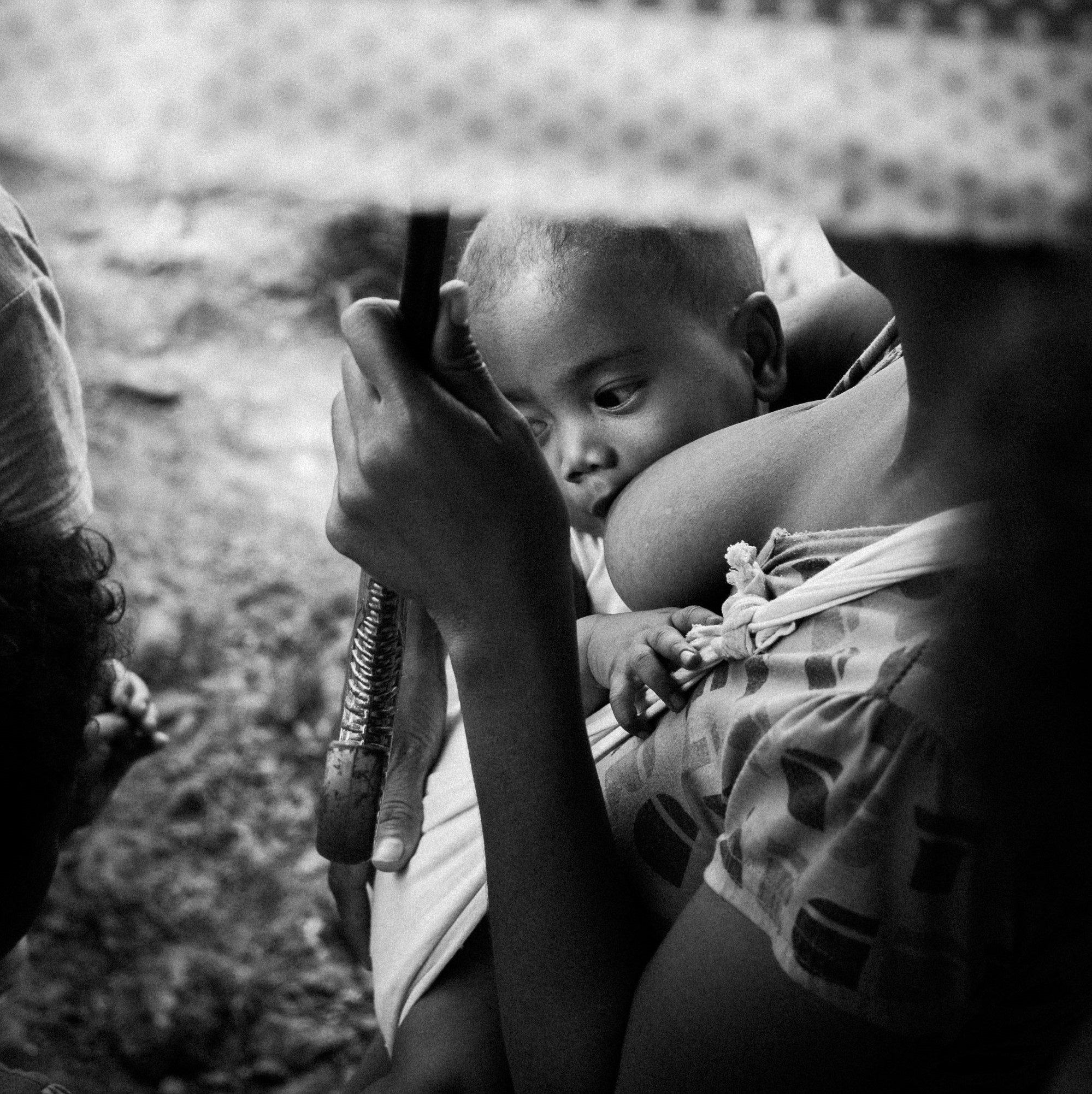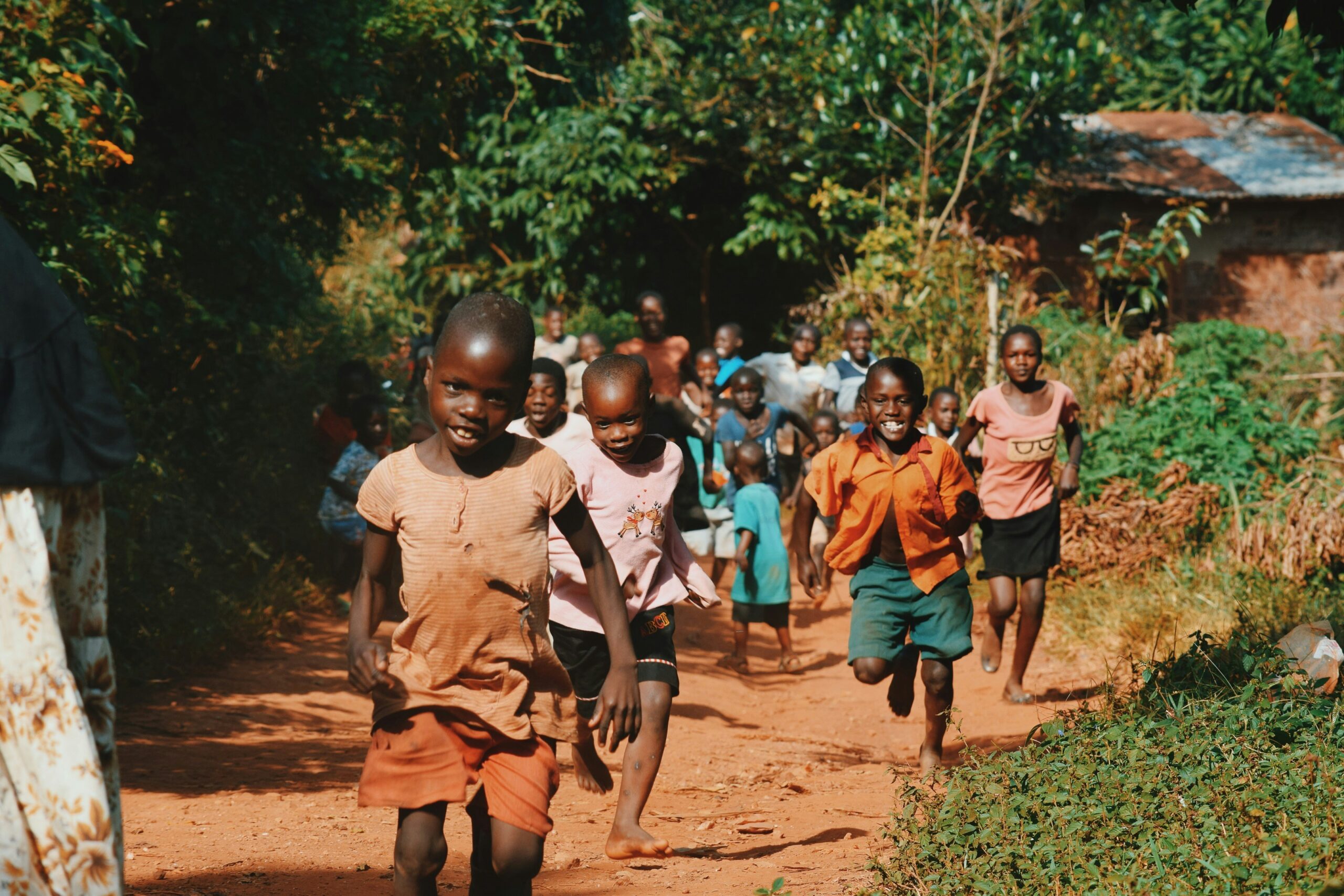Groundbreaking Workshop on AI and Technology-Facilitated Gender-Based Violence at AWiM24
Trending
Tuesday June 3, 2025
Trending

Photo Credit: eibner saliba-Unsplash.com
All over Africa, conflicts, dwindling economies, hunger, and inadequate healthcare facilities are some of the factors that have truncated the importance dedicated to breastfeeding. The World Breastfeeding Week, 2024 came at a desperate time more than ever before, especially for mothers in countries with serious cases of humanitarian crisis like Somalia, South Sudan, Sudan, Central African Republic, Mali, etc.
According to the United Nations, more than 300 million people will need humanitarian assistance in 2024, about half of them in Africa. To this end, there is a call by humanitarian agencies around the world for the media to tell African humanitarian crisis stories so aid agencies and relevant authorities can take urgent action to save the situation
This year’s theme: “Closing the Gap: Breastfeeding Support for All, emphasizes the need for nursing mothers to be supported by their families, communities and nations at large in their goal of raising healthy children. This indicates that women indeed need assistance to execute this daunting task and bridge the gap with their counterparts in developed parts of the world. The World Breastfeeding Week, observed from August 1st to 7th every year, aims to remind mothers of the immense benefits of providing adequate breast milk while raising their children from birth. Breast milk contains essential nutrients that support children’s nutrition and health, safeguarding them against contracting childhood diseases while providing adequate nutrients for growth. Despite efforts to promote exclusive breastfeeding, issues like war, insecurity, and climate disasters are hindering progress, undermining the progress made in supporting mothers and their children.
Information and Awareness on Breastfeeding
Breastfeeding is the most complete nutritional source for an infant, containing all that is needed for such an infant to thrive and survive in the formative first year of life. Moreover, exclusive breastfeeding is seen as a form of feeding infants with breast milk alone without supplementing the process with any liquid or solid, and it is most preferable according to health experts.
Over the years, there has been an increase in the adoption of exclusive breastfeeding around the world. UNICEF, in July 2024, asserted that, “In the last 12 years, the number of infants under six months of age globally who are exclusively breastfed has increased by more than 10 per cent. This means 48 per cent of infants worldwide now benefit from this healthy start in life. It translates to hundreds of thousands of babies whose lives have been saved by breastfeeding.”
Countries have collaborated with international NGOs and local partners to inform urban and especially rural communities about the relationship between breastfeeding and children’s development.
Challenges Truncating Breastfeeding Today
The worsening economic hardship and insecurity, especially in developing countries like Nigeria, Sudan, and Mali, have quadrupled the achievement of breastfeeding. In Northern Nigeria for example, families who usually practice subsistence farming to feed themselves have been forced out due to conflicts. Hence, mothers are not nutritionally adequate to breastfeed their infants.
The recent report by the BBC in July 2024 indicates that malnutrition is significantly on the rise in Northern Nigeria. The World Food Program (WFP) stated that a staggering number of children in Northern Nigeria are facing acute malnutrition.
“An estimated 4.5 billion people — that’s more than half of the world’s population — do not have full coverage of essential health services, so many women do not receive the support they need to optimally breastfeed their babies. This includes access to trained, empathetic, and respectful health advice and counselling throughout a woman’s breastfeeding journey”, UNICEF highlighted.
Bridging the Divide

Photo Credit: Seth Doyle Unsplash.com
To ensure a healthy generation of children are raised, these inherent problems must be holistically addressed. The Nutrition Society of Nigeria (NSN) is one key stakeholder in children’s health in Nigeria. In its press release marking the World Breastfeeding Week 2024, it recognized the commitment of the government of Nigeria through the Federal Ministry of Health and other stakeholders towards improving breastfeeding practices, especially the increase achieved in exclusive breastfeeding rate up to 34%. It stated that the percentage is far short of the 2025 target of 50% as contained in the National Policy on Food and Nutrition and WHO global target. Nutrition society calls for concerted efforts from all stakeholders to ensure that every mother receives the support she needs to breastfeed successfully. This includes access to accurate information, practical guidance, and a supportive environment in the healthcare set up, workplaces, and communities. Again, addressing insecurity challenges in rural communities and economic hardships will address the current danger facing children below the age of five.
We’re not gonna spam. We’ll try at least.

Copyright 2020. African Women In Media
Copyright 2020. African Women In Media
Recent Comments